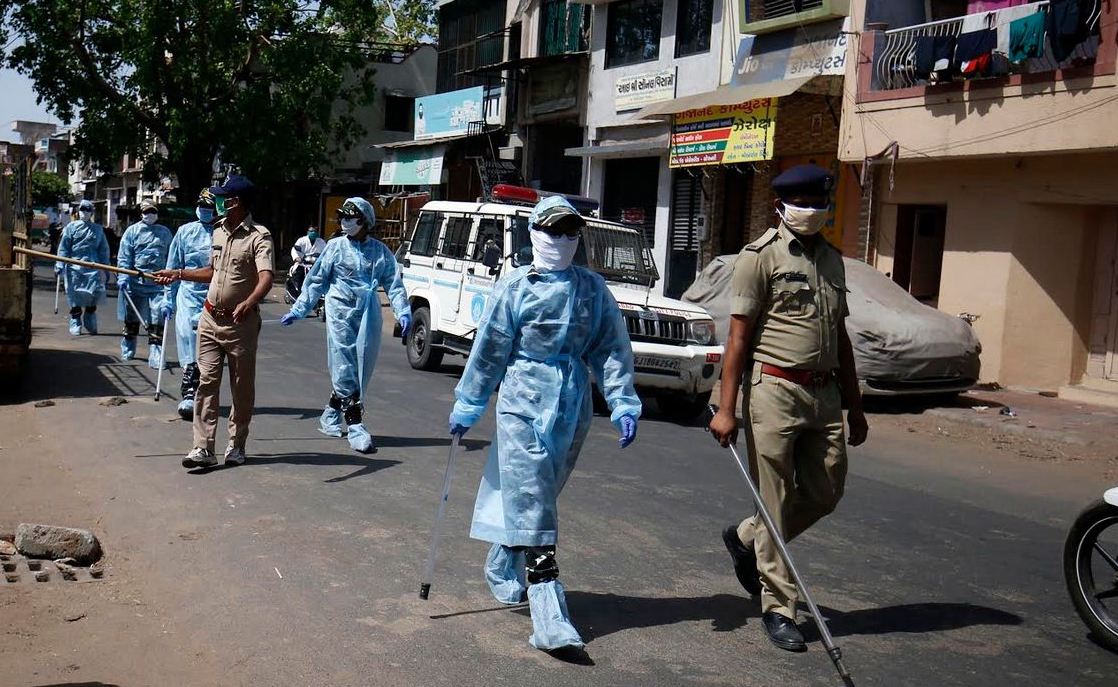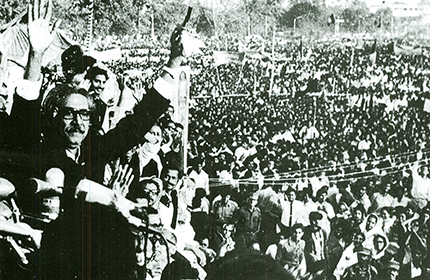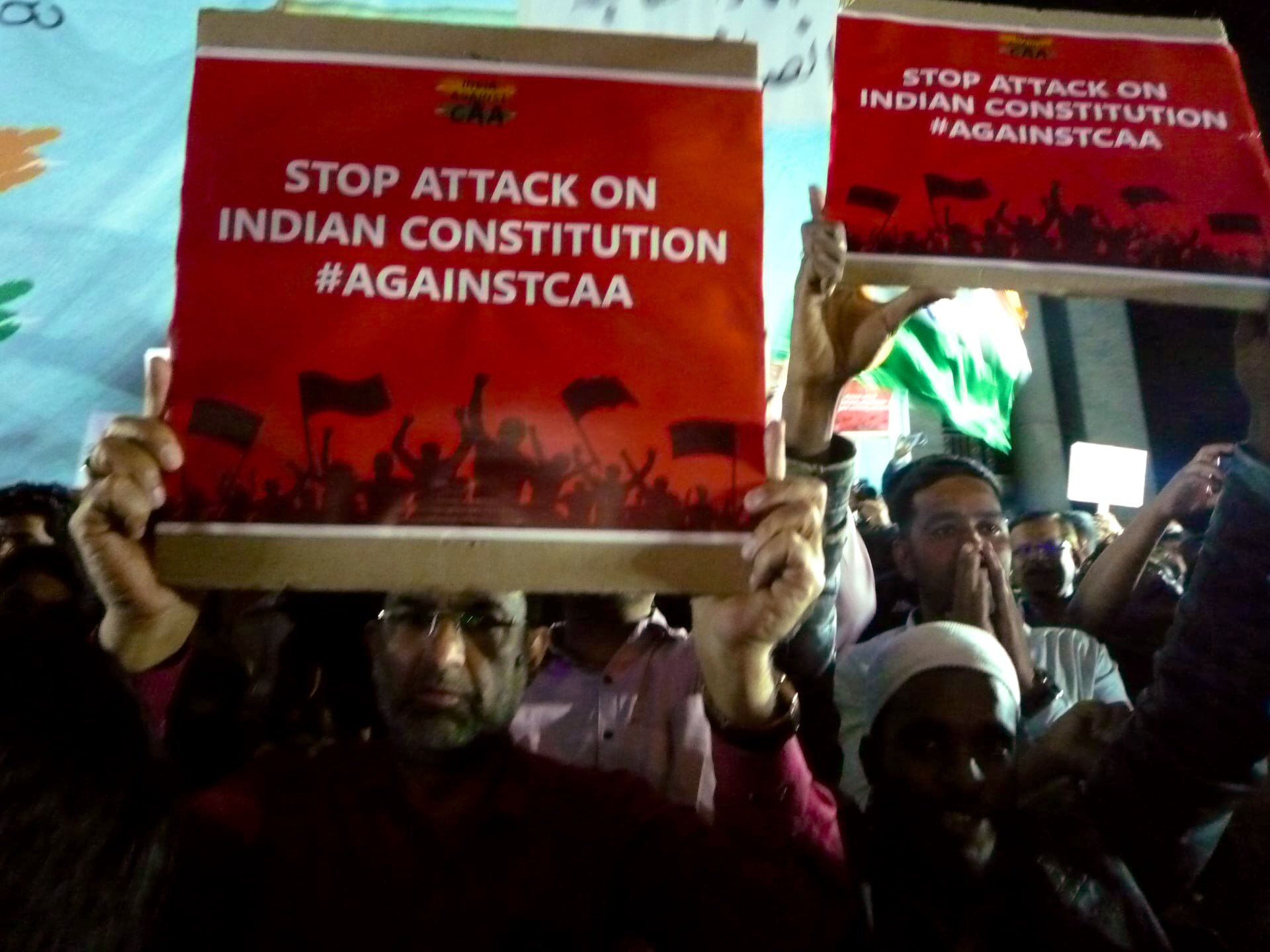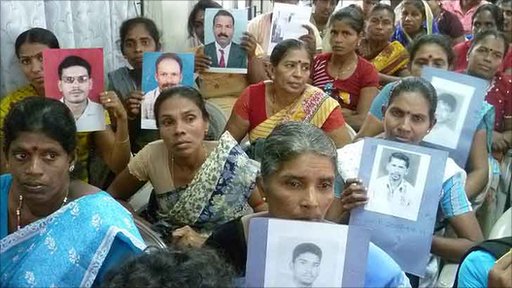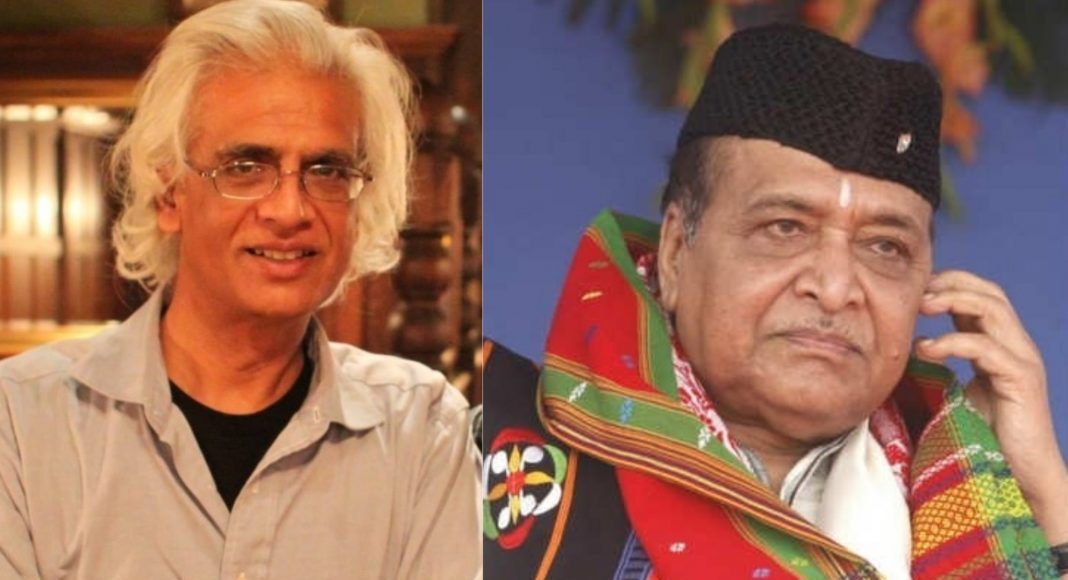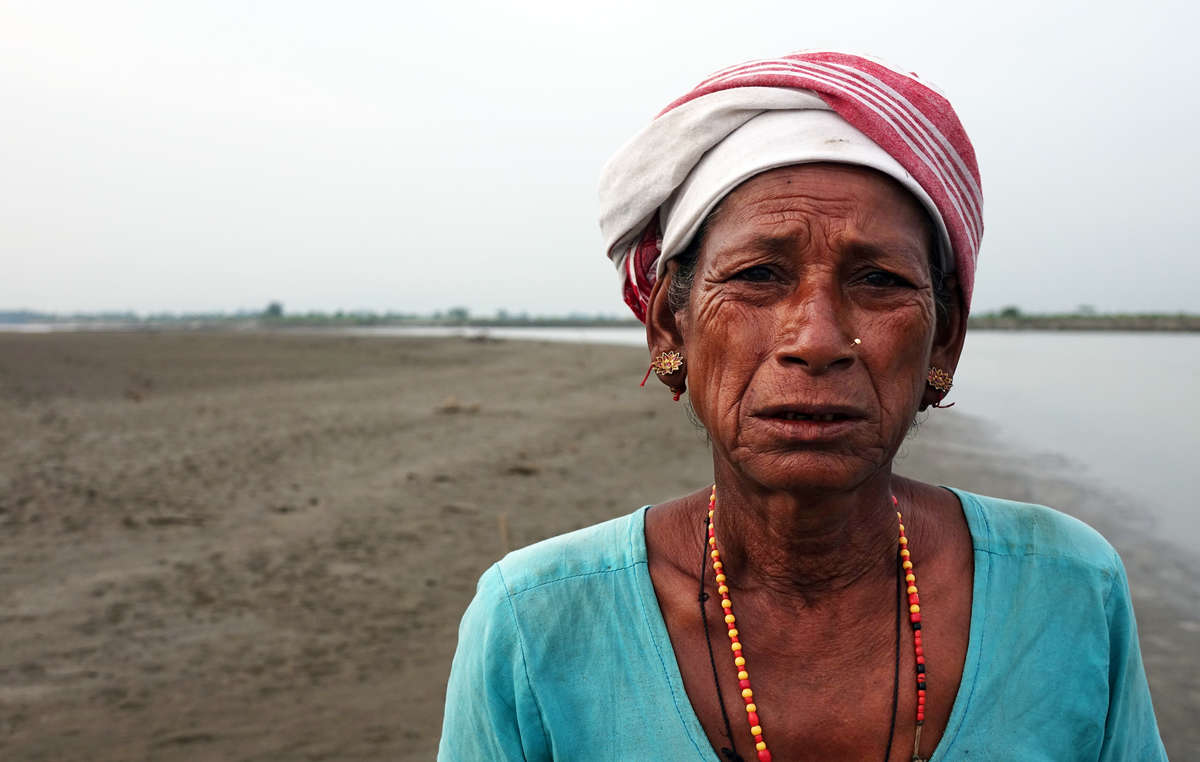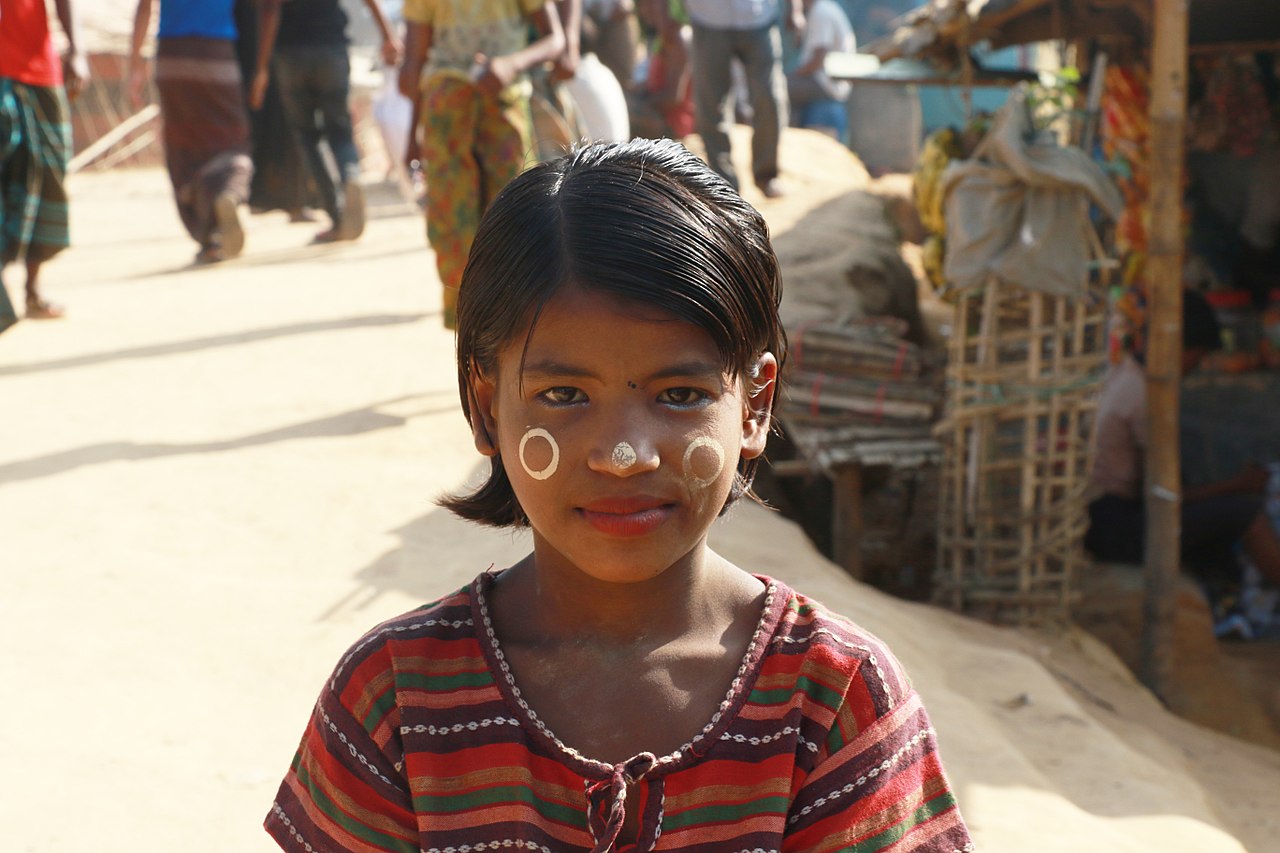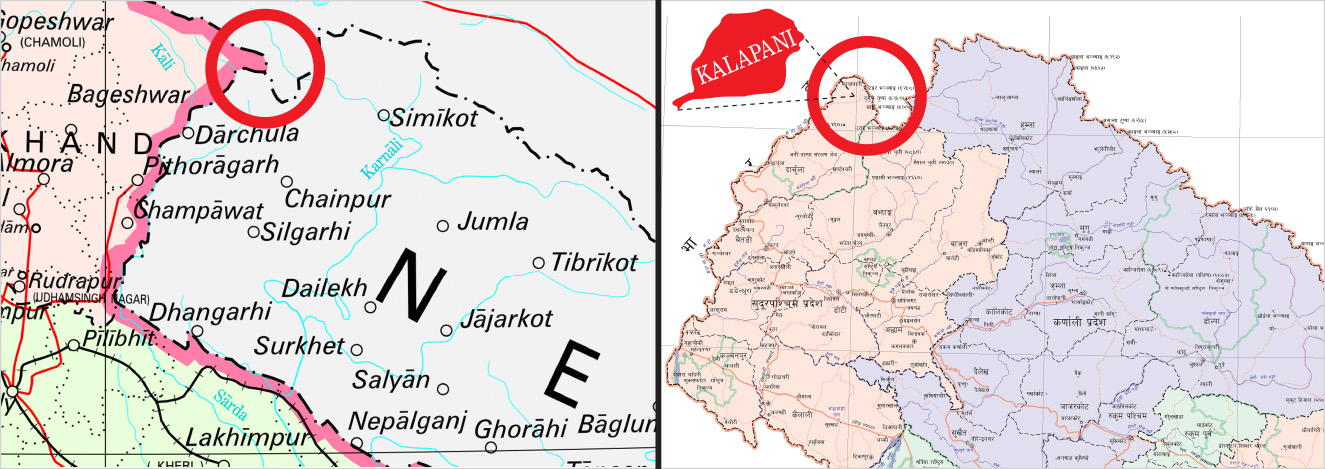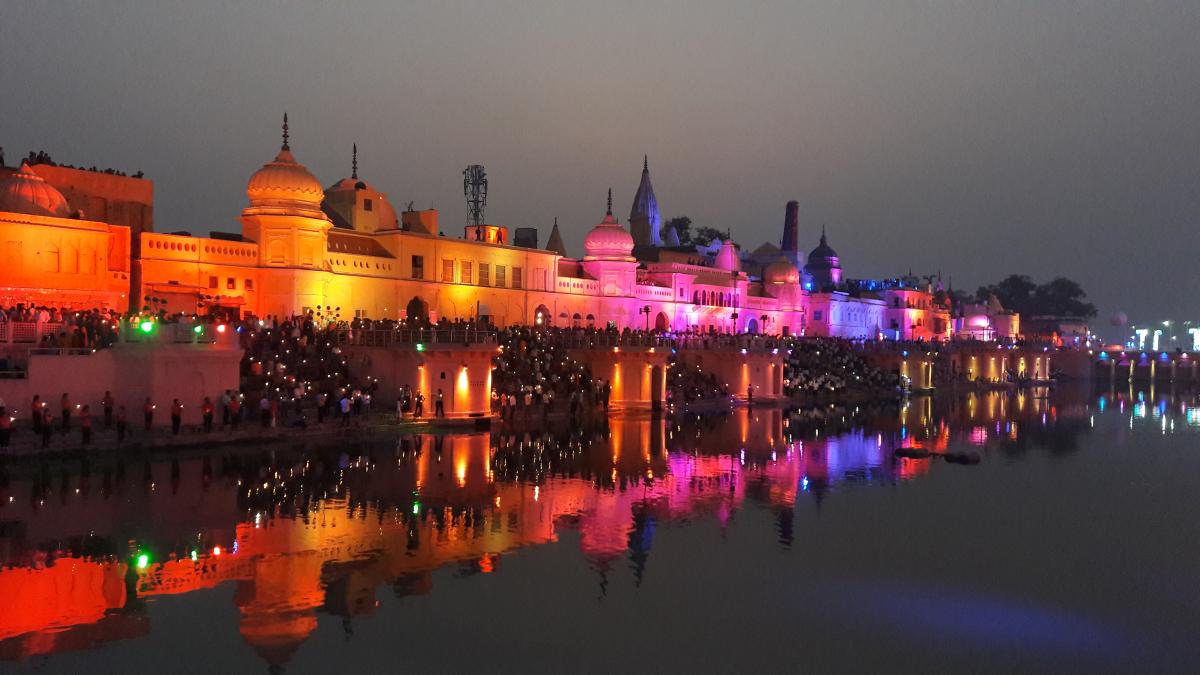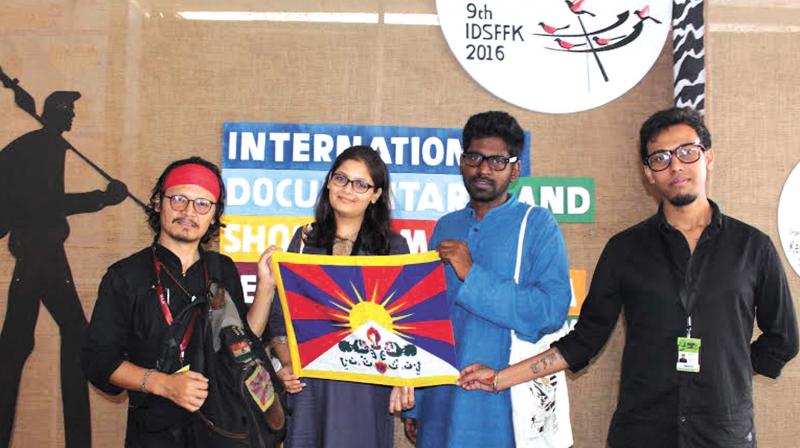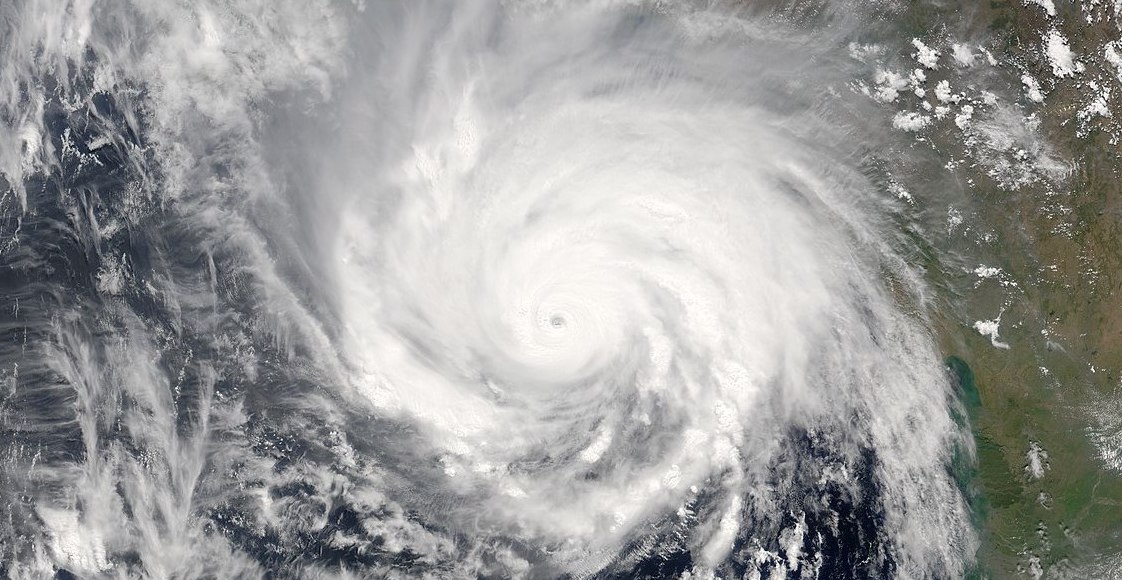
‘Super Cyclone’ Amphan deepens COVID-19 crisis
Tropical Cyclone Amphan unexpectedly intensified into a rare “Super Cyclonic Storm”—becoming the northern hemisphere’s strongest tropical cyclone yet in 2020. Amphan left a trail of destruction along coastal areas both in India and Bangladesh, impacting tens of millions of people. At least 77 deaths in India and 25 in Bangladesh have been reported so far. Over three million people in both countries remain displaced from their homes, taking refuge in community shelters—obviously placing them at risk of contracting COVID-19. In India’s West Bengal state, thousands of people evacuated from their homes are crammed inside buildings that were being used as COVID-19 quarantine centers, because there is no other shelter available. (Photo via Wikipedia)



